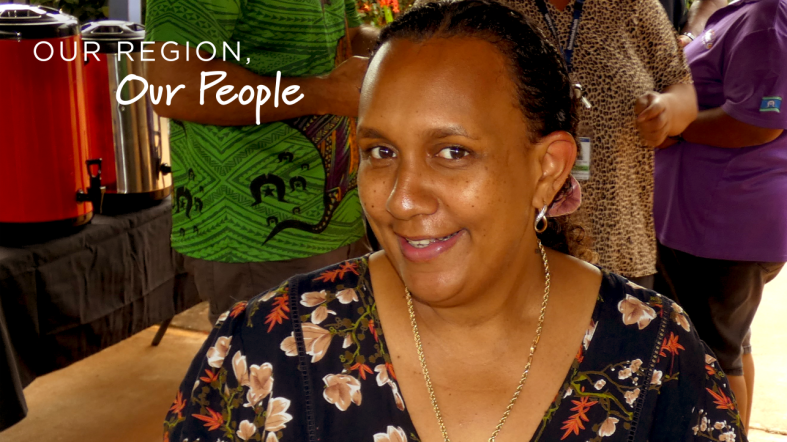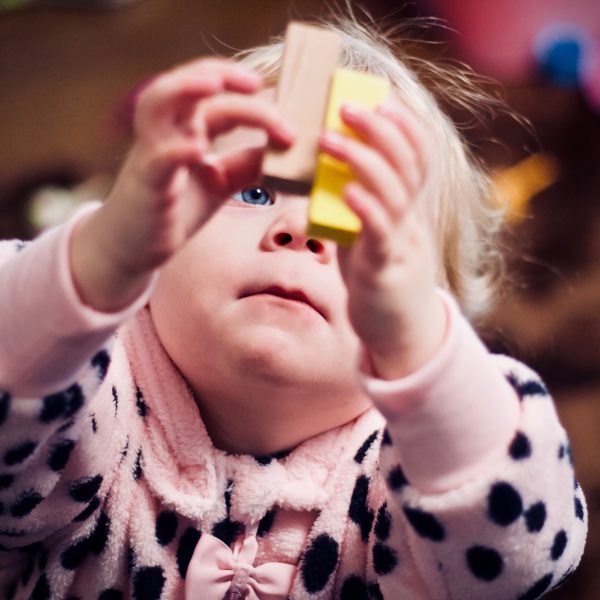New program in FNQ is helping to empower families in the absence of birthing facilities

A new birthing program in far-north Queensland is helping to empower local families in the first 1,000 days of life in the absence of local birthing facilities in the region.
The program is designed to mitigate the difficulties faced by mothers when they are separated from their community, which can lead to financial, social and psychological challenges.
Delivered by NPA Family and Community Services (NPAFACS), the 1,000 days program acknowledges the vital importance of the first period of a child’s life, and the challenges to the mother, child, family and community that go with this.
“One of the things we do up here is love our children and we strive to build strong families, often against ongoing barriers like enough housing, high unemployment, and cost of living,” program project manager, Ugari Nona (pictured) explained, speaking to National Indigenous Times.
More than 80 men and women have already shared their experiences in the program, which supports the communities of Injinoo, Umagico, Bamaga, New Mapoon, and Seisia, where Aboriginal and Torres Strait Islander people comprise over 80 per cent of the population.
“When we saw the application to be part of the First 1,000 Days initiative, we were really excited as it would give us additional resourcing to ensure mothers, children, dads, and families had someone watching out for them and linking them to resources in those early days from birth to a child’s second birthday,” Ms Nona said.
The first 1,000 days program reached out to communities, eventually hearing from more than 60 women and their experiences. This included the contexts that have helped them, and their children thrive, or the challenges and difficulties imposed on them.
The program then heard from the fathers and the challenges faced by them during the early days of fatherhood.
These experiences allowed NPAFACS to learn about what was going well for families, from pregnancy to the child’s second birthday, and what could be improved.
“One of our strongest findings is the importance of sustaining women’s connection to each other during pregnancy and birth, and one of the strongest desires of women is that we may one day be able to birth our babies in the NPA,” Ms Nona said.
NPAFACS will soon launch a visitor program, where Indigenous health workers from the NPA will be able to visit women and children.
Ms Ugari said these visitors will engage and converse with parents and carers to allow for further learning about developmental milestones and the overall complexities of raising children and every-day life.
“Families will also be referred and connected to the services they need in a meaningful way,” Ms Nona said.
“We love our children and want them to thrive.
“We believe this has always been a privilege and our dreaming, and this project lets us step into this dreaming in a different way.”
Popular

Practice
Provider
Quality
Research
Workforce
New activity booklet supports everyday conversations to keep children safe
2025-07-10 09:00:16
by Fiona Alston

Quality
Practice
Provider
Workforce
Reclaiming Joy: Why connection, curiosity and care still matter in early childhood education
2025-07-09 10:00:07
by Fiona Alston

Policy
Practice
Provider
Quality
Research
Workforce
Beyond the headlines: celebrating educators and the power of positive relationships in early learning
2025-07-07 10:00:24
by Fiona Alston













